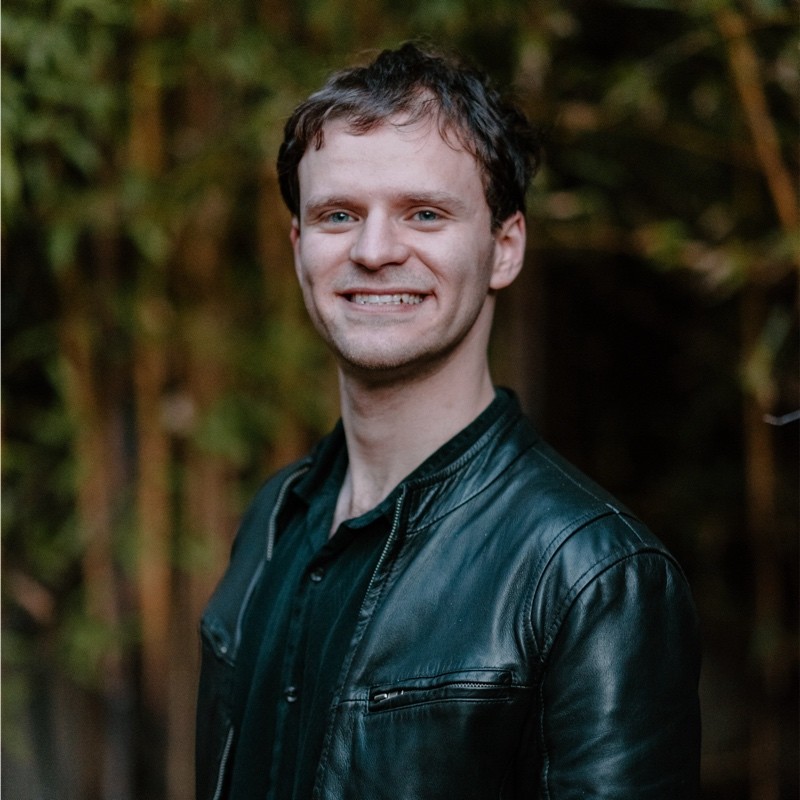January 16, 2024
3:00 pm
Venue
Remsen Hall 233
Note: ROSEI is cohosting this seminar with the Department of Chemistry.
Title: Manipulating Metal-Ligand Bonds for Catalysis and Separations
Abstract: Addressing the selective activation and functionalization of small molecules is paramount in overcoming energy-related challenges. Significant energy consumption in the chemical industry arises from the purification of bulk chemical feedstocks, the production of value-added commodity chemicals, and the decarbonization of flue gas streams. In this seminar, I will discuss my research on the strategic manipulation of metal-ligand bonds to enable selective C-H functionalization catalysis and develop energy-efficient chemical separations.
I will first discuss the synthesis, characterization and reactivity profiles of an isolable copper-nitrene reactive intermediate. This species exhibits ligand field inversion such that the unpaired electron density is localized on the nitrene fragment, enabling catalytic C-N bond formation through alkane animation and alkene aziridination. I will then discuss the novel translation of organometallic transformations into chemical separations using metal-organic frameworks, via reversible insertion of small molecules such as CO and CO2 into labile metal-ligand bonds. Crucially, the thermodynamic and kinetic landscapes of these reversible chemical reactions allow for the decarbonization of high-temperature processes at their relevant operating temperatures of 200 to 400 Celsius. These finding offer new strategies for chemical separations and broaden the design space for adsorbent technologies.
Bio: Kurtis Carsch, PhD, is an Arnold O. Beckman Postdoctoral Fellow at the Institute for Decarbonization Materials at the University of California, Berkeley, with Prof. Jeffrey Long. Kurtis grew up near Dallas, TX, and began his interest in chemistry by researching methane functionalization with Prof. Thomas Cundari at the University of North Texas. Kurtis then attended Caltech and received a joint B.S./M.S. in chemistry, where he conducted computational and experimental research on bio-inspired clusters of the oxygen-evolving complex in Photosystem II with Prof. Bill Goddard and Prof. Theodor Agapie. As a Hertz Fellow and a NSF Graduate Research Fellow, Kurtis conducted his Ph.D. research with Prof. Theodore Betley at Harvard, where he focused on understanding amination catalysis by copper nitrene intermediates through the lens of inverted ligand fields, receiving the Hertz Thesis Prize for his research. His current research focuses on establishing elementary organometallic transformations in the context of chemical separations, exemplified by the discovery of high-temperature adsorbents.
